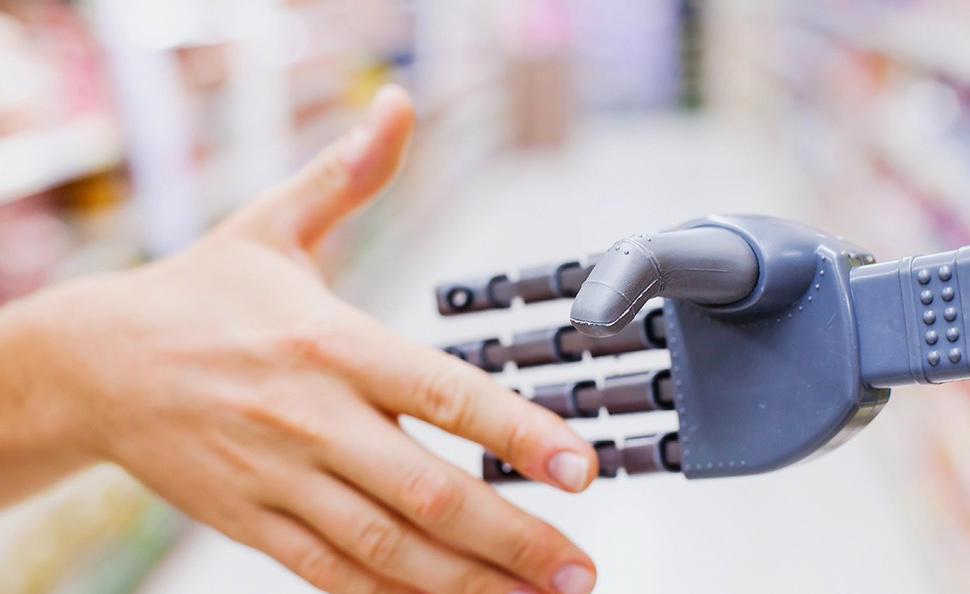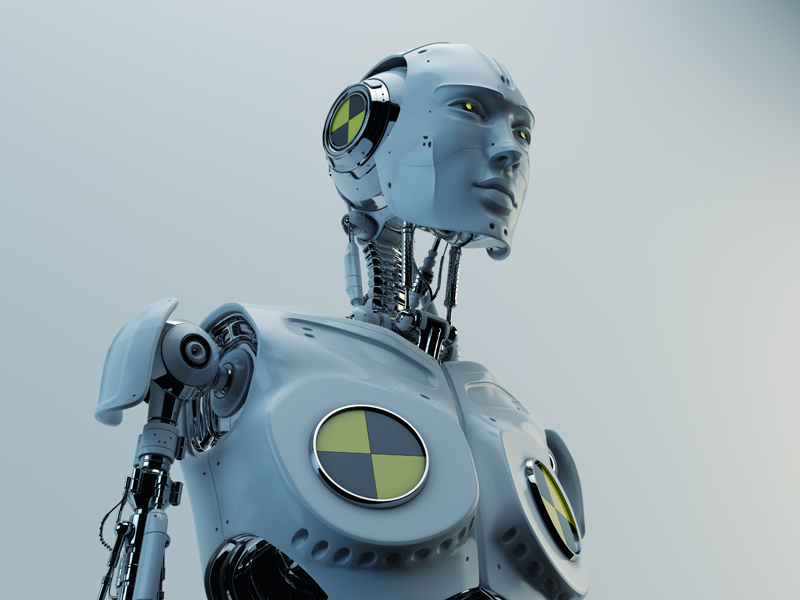
24th January 2017 EU considers “electronic personhood” for robots The European Parliament has proposed a new legal framework to govern the rapidly evolving fields of robotics and artificial intelligence (AI).
The European Parliament's Legal Affairs Committee has voted by a majority of 17 votes to two, with two abstentions, to create a robot "bill of rights" covering a range of issues relating to automation and machine intelligence. “A growing number of areas of our daily lives are increasingly affected by robotics,” said rapporteur Mady Delvaux. “In order to address this reality and to ensure that robots are and will remain in the service of humans, we urgently need to create a robust European legal framework.” Delvaux's report looks at robotics-related issues such as liability, safety and changes in the labour market. Members of the European Parliament (MEPs) have urged the Commission to consider creating a European agency for robotics and artificial intelligence to supply public authorities with technical, ethical and regulatory expertise. They also propose a voluntary ethical conduct code to regulate who would be accountable for the social, environmental and human health impacts of robotics and ensure that they operate in accordance with legal, safety and ethical standards. For example, this code should recommend that robot designers include “kill” switches so that robots can be turned off in emergencies, they add. Harmonised rules are especially urgently needed for self-driving cars. They call for an obligatory insurance scheme and a fund to ensure victims are fully compensated in cases of accidents caused by driverless cars. In the longer-term, the possibility of creating a specific legal status of “electronic persons” for the most sophisticated autonomous robots – so as to clarify responsibility in cases of damage – should also be considered, the MEPs say. The development of robotics is likely to have big societal changes, including the loss of jobs in certain fields, says the text. It urges the Commission to follow these trends closely, including new employment models and the viability of the current tax and social system for robotics. The full house will vote on the draft proposals in February, which will need to be approved by absolute majority according to the legislative initiative procedure. From warehouse machines to surgical assistance devices, there are now over 1.7 million robots already in existence worldwide. On current trends, industrial and personal service robots could outnumber humans by the 2040s. But despite their rapidly increasing numbers and abilities, their use is still not properly regulated. "There is a possibility that – within the space of a few decades – AI could surpass human intellectual capacity in a manner which, if not prepared for, could pose a challenge to humanity's capacity to control its own creation and, consequently, perhaps also to its capacity to be in charge of its own destiny and to ensure the survival of the species," the Committee's report states.
“We are not talking about weapons,” says Delvaux. “We define robots as physical machines, equipped with sensors and interconnected so they can gather data. The next generation of robots will be more and more capable of learning by themselves. The most high-profile ones are self-driving cars – but they also include drones, industrial robots, care robots, entertainment robots, toys, robots in farming. “When self-learning robots arise, different solutions will become necessary and we are asking the Commission to study options. One could be to give robots a limited 'e-personality' [comparable to 'corporate personality', a legal status which enables firms to sue or be sued] at least where compensation is concerned. It is similar to what we now have for companies, but it is not for tomorrow. What we need now is to create a legal framework for the robots that are currently on the market or will become available over the next 10 to 15 years.” So in the meantime, who should be responsible in case of damage? The owner, the manufacturer, the designer, or the programmer? “We have two options,” Delvaux continues. “According to the principle of strict liability it should be the manufacturer who is liable, because he is best placed to limit the damage and deal with providers. The other option is a risk assessment approach, according to which tests have to be carried out beforehand and compensation has to be shared by all stakeholders. We also propose there should be compulsory insurance, at least for the big robots.” Delvaux's report also mentions that some vulnerable people can become emotionally attached to their care robots. How can we prevent this happening? “We always have to remind people that robots are not human, and will never be,” she says. “Although they might appear to show empathy, they cannot feel it. We do not want robots like they have in Japan, which look like people. We have proposed a charter setting out that robots should not make people emotionally dependent on them. You can be dependent on them for physical tasks – but you should never think that a robot loves you or feels your sadness.” People who fear they will lose their jobs are told that robots will actually create new jobs. However, they might only create roles for highly-skilled people and replace low-skilled workers. How can this be solved? “I believe this is the biggest challenge to our society and to our educational systems,” she adds. “We do not know what will happen. I believe there will always be low skilled jobs. Robots will not replace humans; there will be a cooperation between both. We ask the Commission to look at the evolution, what kind of tasks will be taken over by robots. It can be a good thing if they are used for hard work. For example, if you have to carry heavy goods or if the job is dangerous. We have to monitor what is happening and then we have to be prepared for every scenario.” The report also deals with the issue of whether we should change our social security systems and think about a universal basic income (UBI), because if there are huge numbers of permanently unemployed people, we have to ensure they can have a decent life. ---
Comments »
|








